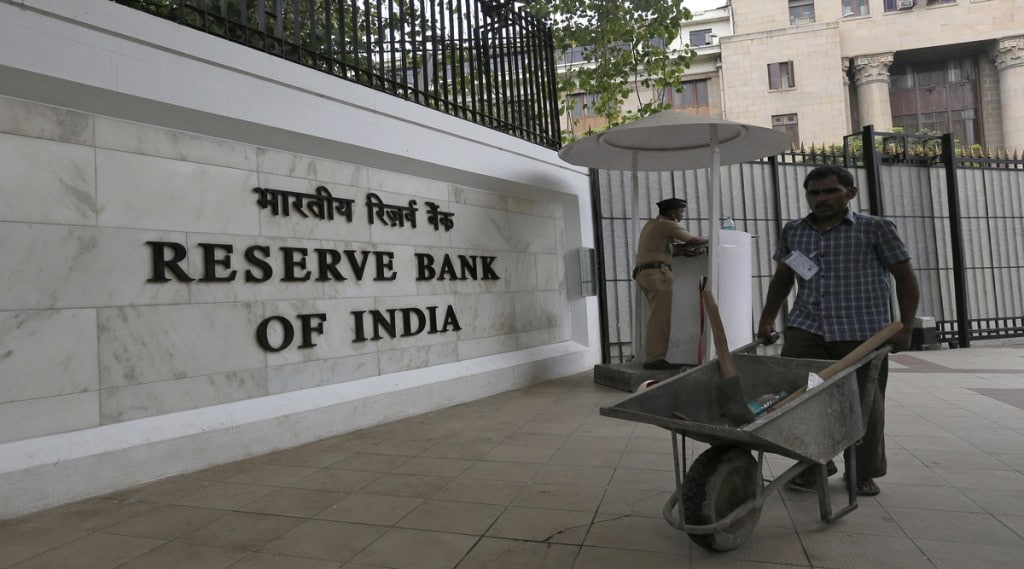The spike in global inflation, driven by sharp rise in crude oil prices and supply chain disruptions, has emerged as a major policy challenge for most economies including India, Reserve Bank of India said in its annual report published Friday. Going ahead, supply side bottlenecks will be one of the areas that needs to be addressed to bring back economic growth, the central bank added.
“The future path of growth will be conditioned by addressing supply-side bottlenecks, calibrating monetary policy to bring inflation within the target while supporting growth and targeted fiscal policy support to aggregate demand, especially by boosting capital spending,” RBI said. The escalation of tensions between Russia and Ukraine into a war from late February has forced global financial institutions including the World Bank to cut global growth forecasts. The Indian economy, just like the rest of the world, is expected to face major headwinds from the war-led macroeconomic disruptions.
“Undertaking structural reforms to improve India’s medium term growth potential holds the key to secure sustained, balanced and inclusive growth, especially by helping workers adapt to the after-effects of the pandemic by reskilling and enabling them to adopt new technologies for raising productivity,” RBI said in the annual report for 2021-2022.
According to a study conducted by the RBI, if the global supply chain disruptions persist at the same level as in 2021-2022, it could pose downside risks to economic recovery. A one unit tightening in the global supply chain disruption cost index last fiscal could have lowered GDP growth by 26 basis points, the study said.
If the geopolitical tensions ease, that would mean ongoing global supply disruptions would ease and world trade will regain momentum, RBI said in the chapter on ‘Assessment and Prospects’. It could help India enhance exports especially in the agriculture and defence sector. “At the same time, longer-than-expected supply chain bottlenecks, elevated freight rates and the upsurge in global inflation amidst escalating geopolitical tensions pose significant risks,” it added.
“Although direct trade and finance exposures in the context of the ongoing conflict are limited, elevated crude oil prices can widen the current account deficit while foreign portfolio investors may remain risk averse towards EMEs, including India,” the central bank added in its annual report.
In 2021, the year ravages of the pandemic unfolded, global supply chain issues impact the global core inflation by 1 percentage point, the central bank said. Emerging markets were hit hard by inflationary pressures, including from rising global commodity prices, shipping costs and shortages of key intermediate goods, especially due to the war in Ukraine.


